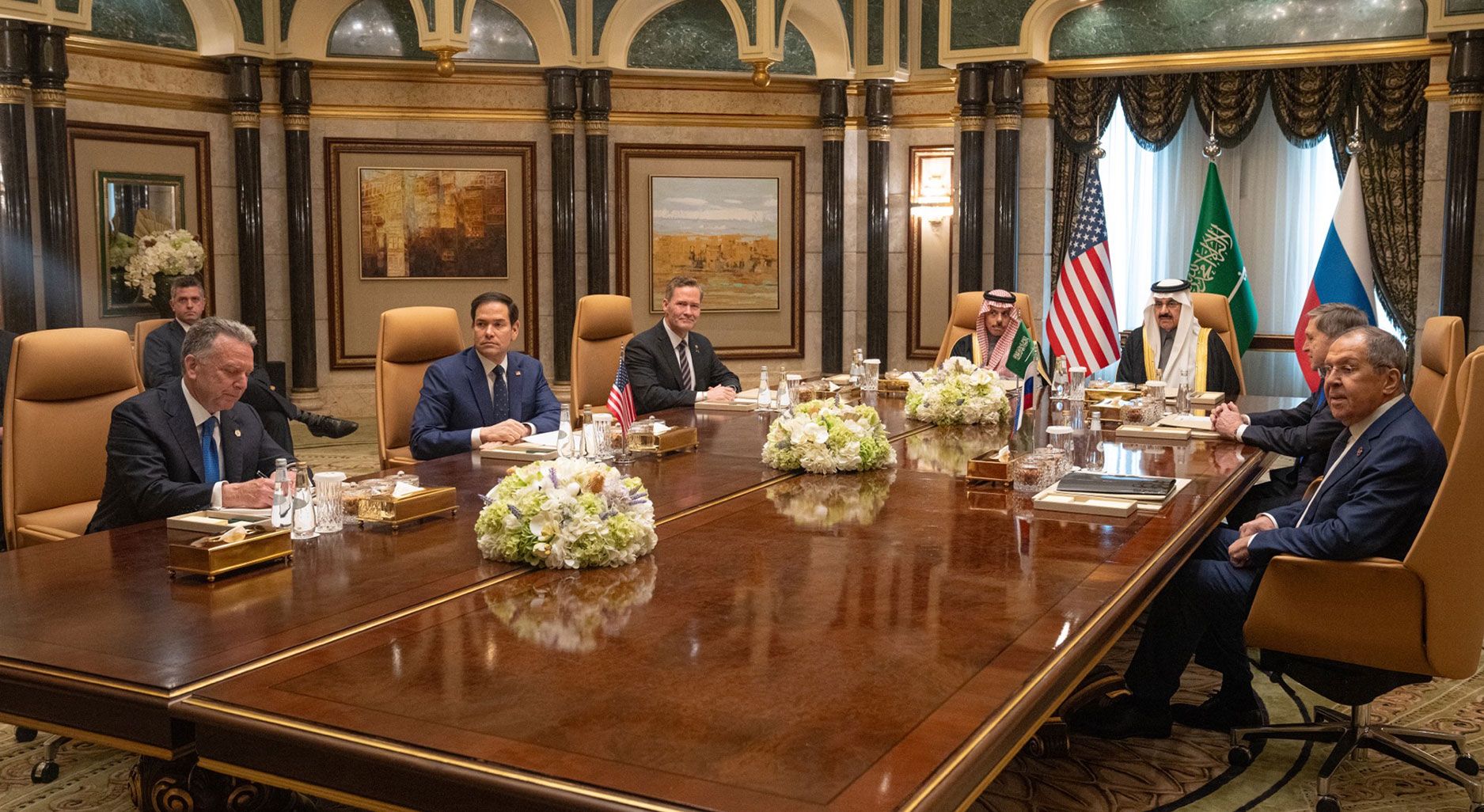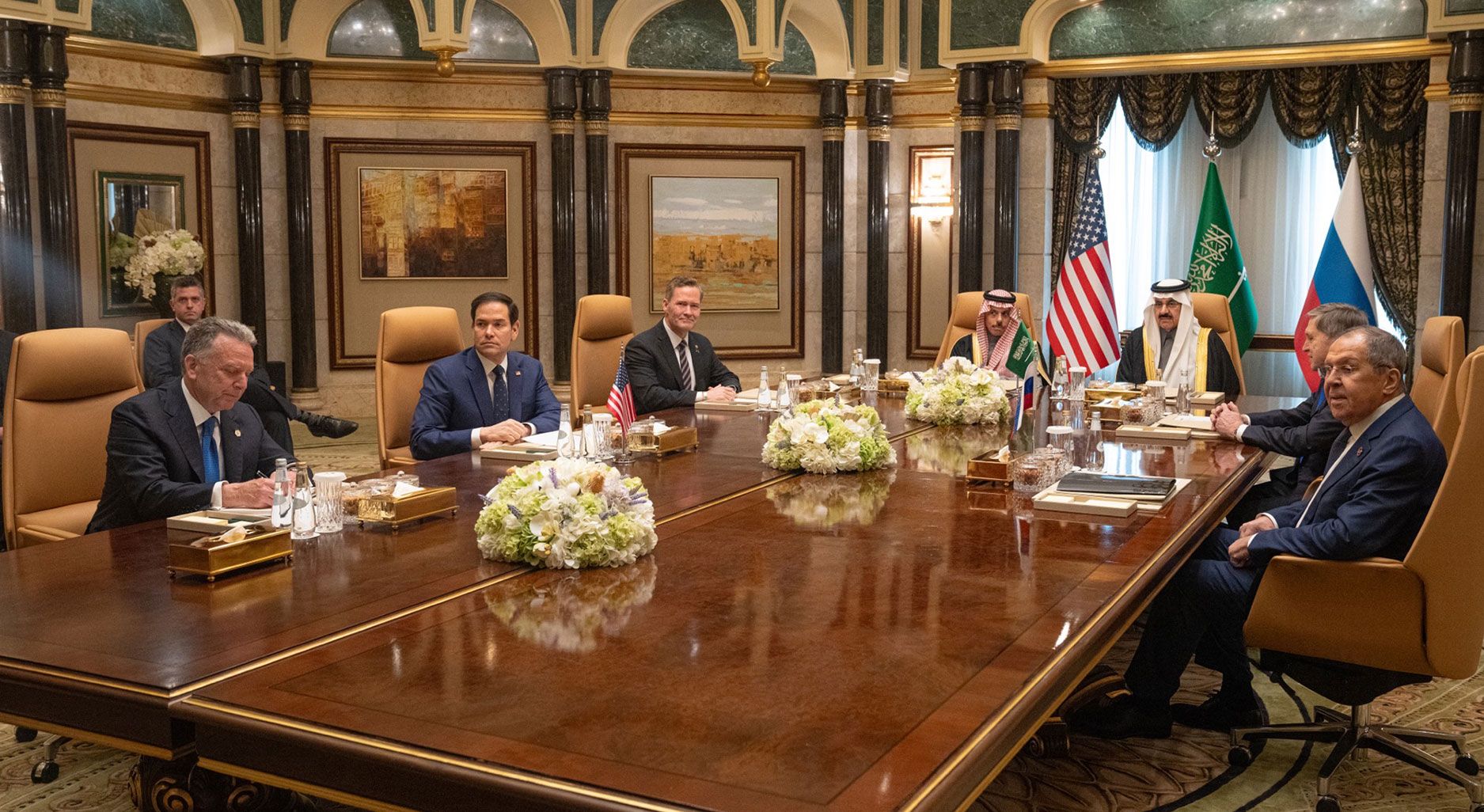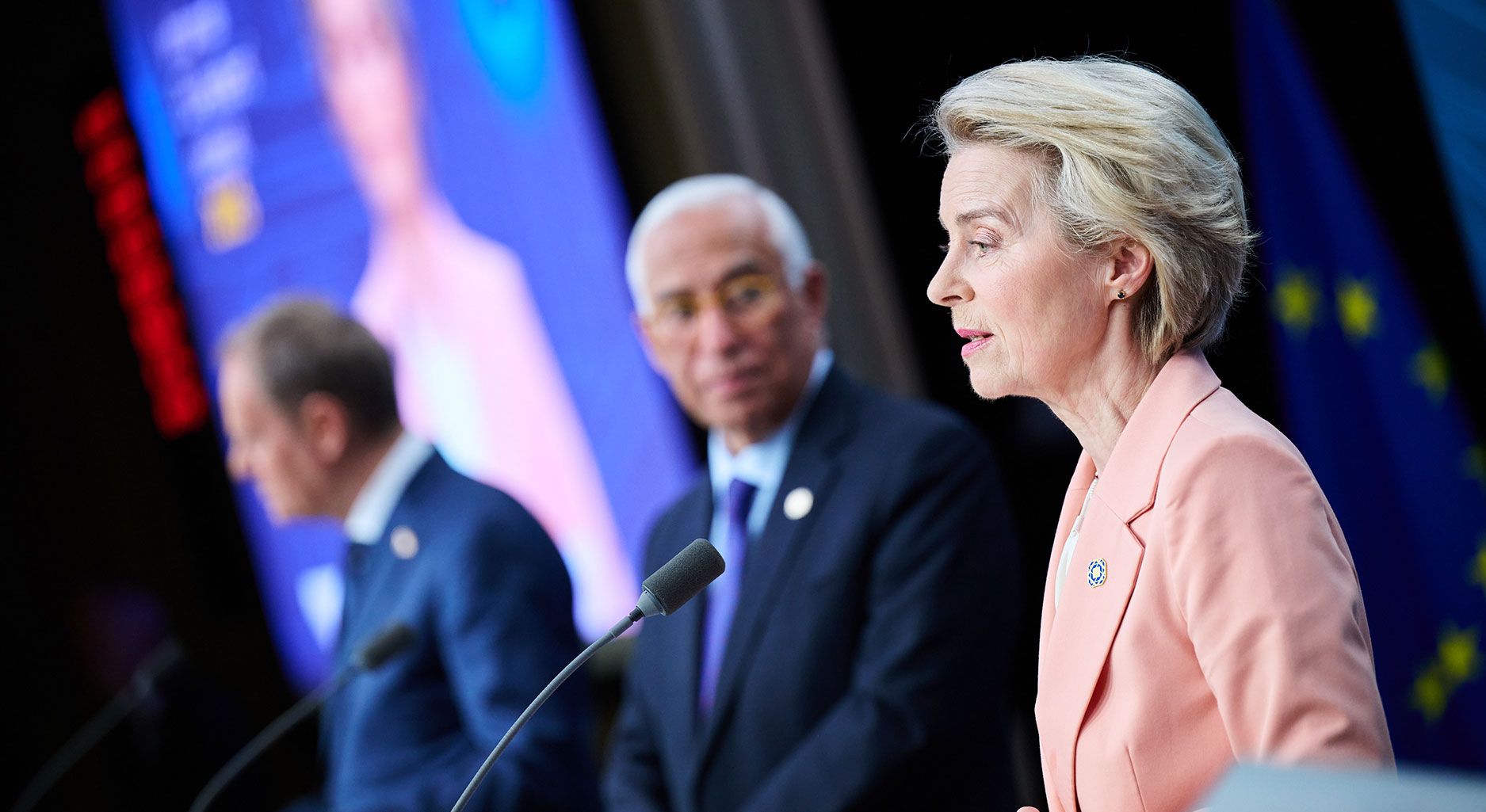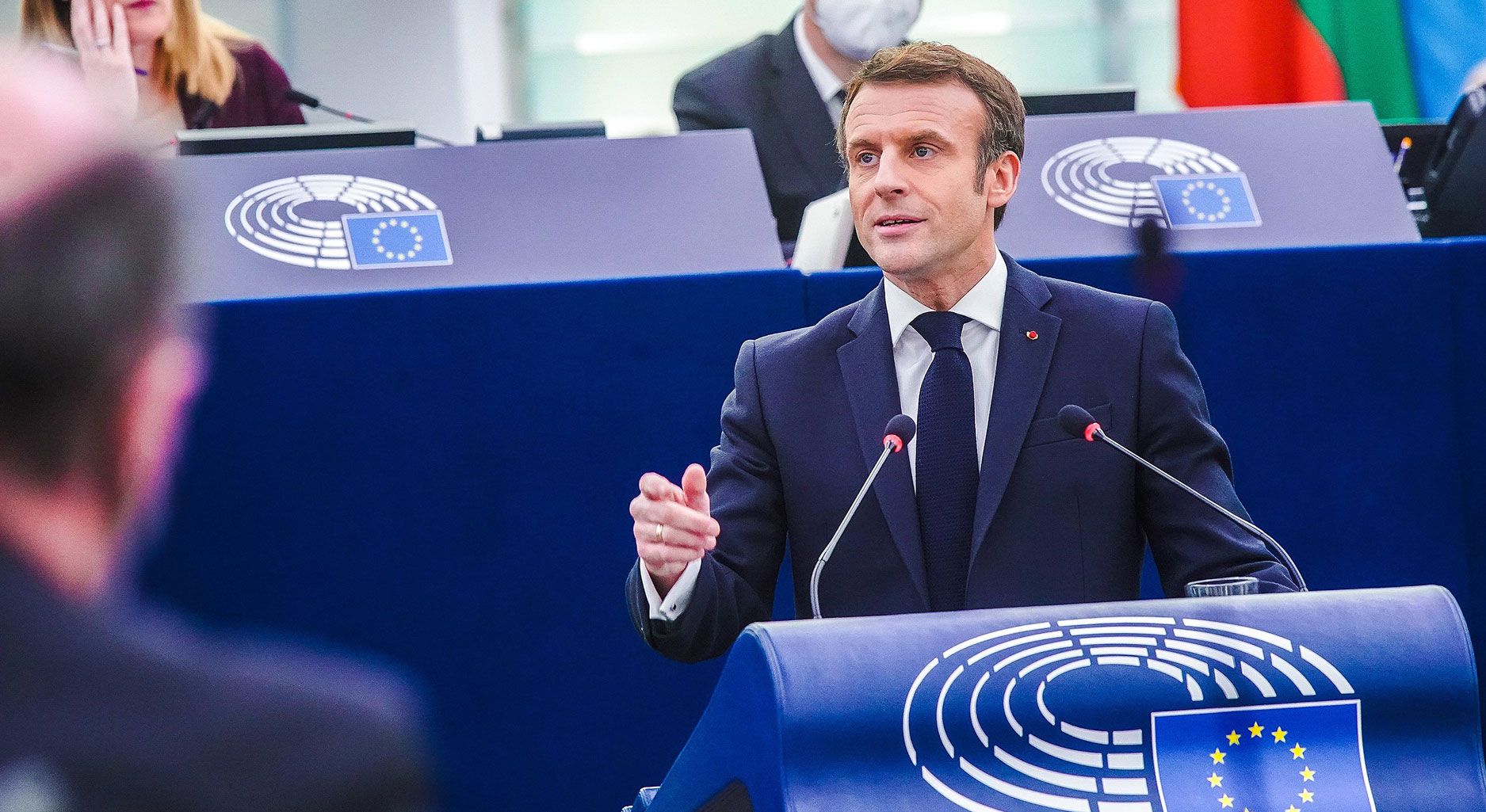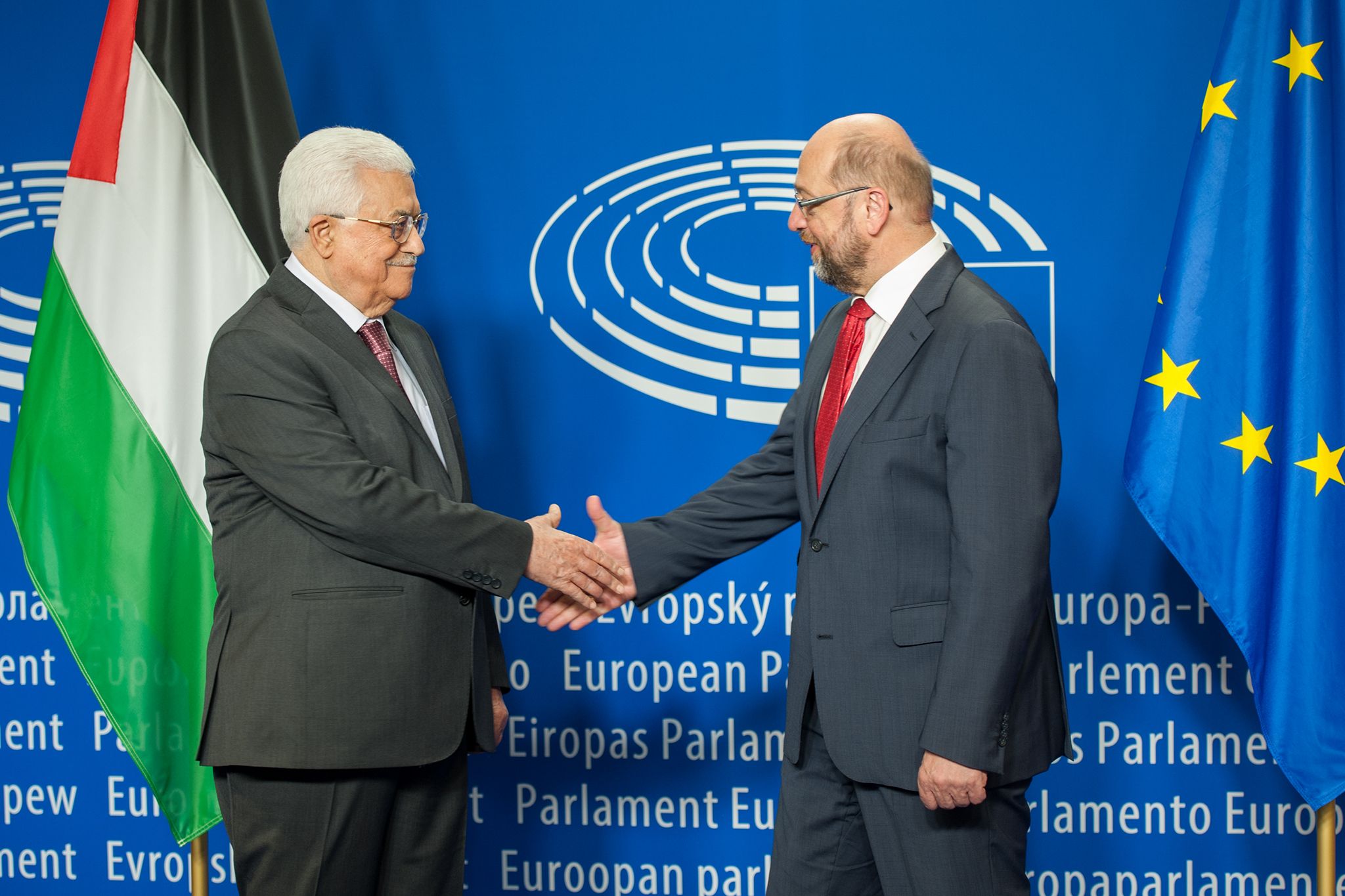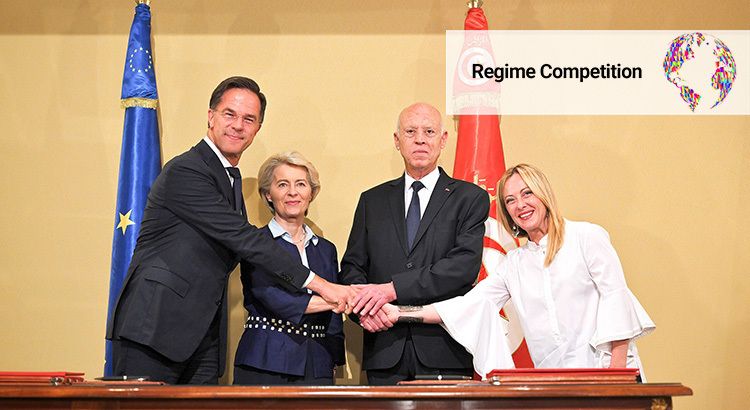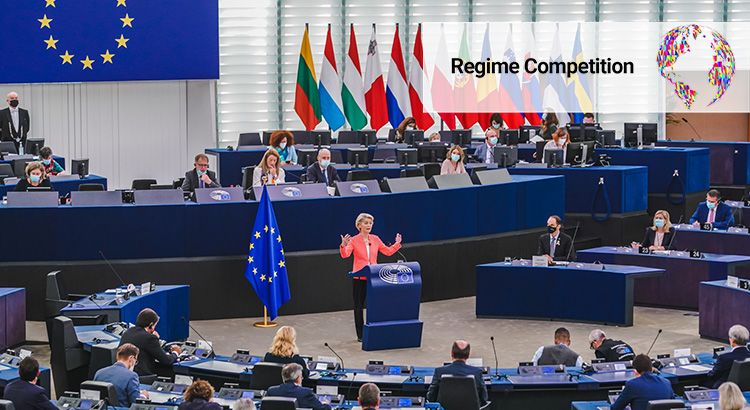Tag: European Union
Despite the deadlocked military situation for Ukraine and the policy shift in the US, Germany and...
Mit nüchternem Blick zum Verhandlungstisch: Europa muss die Beendigung des Ukrainekrieges und den Rückzug der USA diplomatisch mitgestalten
Trotz der längst verfahrenen militärischen Lage für die Ukraine und bekannten Kurswechsels in den...
Europe’s Defence Dilemma: Rising Militarization Amidst Industrial Fragmentation and Weak Export Controls
The issue of arming Germany and the EU countries is currently dominating the headlines. The...
Moving in the Rights’ Direction? An Assessment of the EU Global Human Rights Sanctions Regime
Four years ago, on December 7, 2020, the European Union (EU) adopted its Global Human Rights...
Mehr als nur Abschreckung: Mittelstreckenwaffen und Multi-Domain-Operationen in Europa
Seit die USA und Deutschland am Rande des NATO-Gipfels 2024 bekanntgegeben haben, dass ab 2026...
The French Paradox: Risks to European Defence Harmonisation and Arms Export Control
In his speech on Europe on 25 April 2024, President E. Macron reiterated France's commitment to...
A Gap between Social and Ecological Rights: A Commentary after One Year of the German Supply Chain Due Diligence Act
Frequent violations of human, labor, and environmental rights continue to impact supply chains...
The EU and the Israel-Palestine Test
Although the US has often prided itself of the status of sole interlocutor in the Middle East...
EU Democracy Support in the Southern Neighborhood: How the EU Contradicts its own Practices
For decades, the EU has declared that it aims to support democratization in its southern...
Debating Foreign Interference in a Multipolar World: Is the EU Becoming Illiberal?
The ways in which foreign interference by China, Russia and others are currently discussed in...
